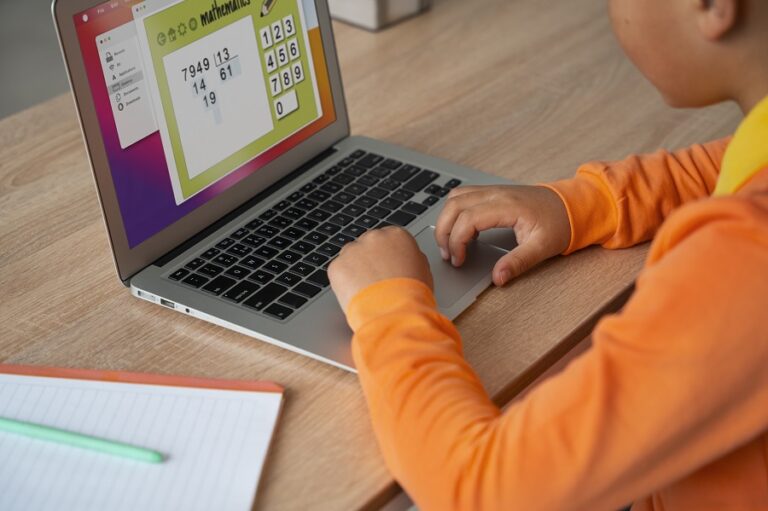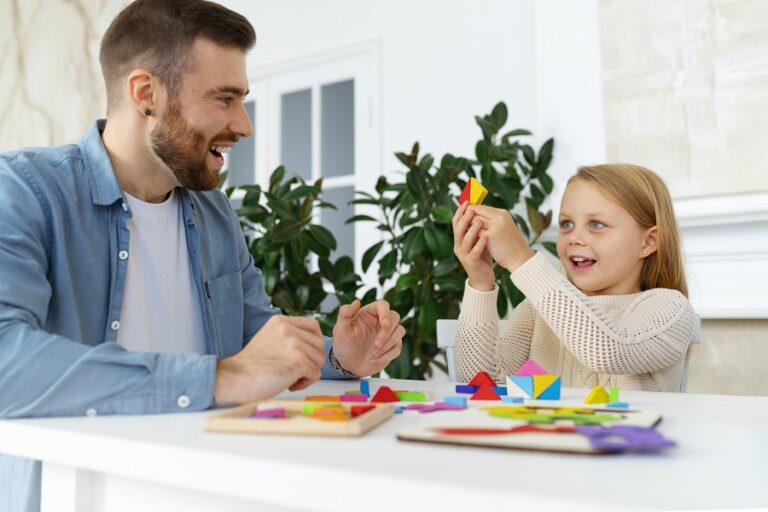Daily Learning Routines with Fun Educational Mini-Games
Creating a consistent learning routine is essential for a child’s academic success and overall development. But traditional study methods can become repetitive and dull, especially for young learners. One powerful solution is incorporating fun educational mini-games into daily routines. These mini-games not only make learning enjoyable but also improve focus, memory, and problem-solving skills. In this article, we’ll explore how parents and teachers can integrate mini-games into daily learning routines to foster engagement, motivation, and better outcomes.
What Are Educational Mini-Games?
Educational mini-games are short, engaging games designed to teach or reinforce a specific skill or concept. These games can be digital (mobile apps or computer-based) or physical (board games, flashcards, puzzles). Unlike full-length games, mini-games are quick to play and can be completed in just a few minutes, making them ideal for busy schedules and short attention spans.
Why Add Mini-Games to Daily Learning?
Mini-games boost learning by transforming passive study into active exploration. They turn concepts into interactive experiences, which makes it easier for children to retain information. Studies have shown that game-based learning enhances motivation and improves academic performance. When children enjoy what they are doing, they are more likely to stay consistent with their routines and learn with excitement rather than resistance.
Morning Routine Mini-Games
Starting the day with short brain-boosting games can energize the mind and set a positive tone. Here are a few examples:
- Word Match or Vocabulary Bingo: Use flashcards or apps to match words with meanings or find words on a bingo card.
- Quick Math Challenges: Ask simple math problems during breakfast or while getting ready, such as mental addition or multiplication tables.
- Memory Grid Games: Show a group of pictures or numbers for a few seconds, then hide them and ask what was seen. This sharpens focus and memory.
Incorporating mini-games into the morning helps children get into a learning mindset early in the day and reduces stress about academic tasks.
After-School Learning Fun
The hours after school are perfect for reinforcing the day’s lessons without the pressure of formal homework. Here’s how mini-games can help:
- Quiz-Based Games: Use mobile quiz apps or printable question cards to review what was learned in school.
- Story Builders: Take turns adding sentences to a story. This helps with language development, creativity, and sequencing.
- Sorting and Classification Games: Use real items or digital apps to group objects by category, shape, color, or function, ideal for younger learners.
These games don’t feel like studying and are a great way to wind down while still learning something useful.
Weekend and Free Time Learning
Weekends offer more flexible time for extended mini-game sessions or group games with friends or family.
- Board Games with a Twist: Educational board games like Scrabble, Monopoly (math version), or Guess in 10 are excellent for developing vocabulary, strategy, and general knowledge.
- Puzzle Challenges: Word searches, crosswords, Sudoku, and jigsaw puzzles enhance logic and focus.
- Science Experiments as Games: Turn simple experiments into guessing games, such as predicting what will float or sink.
These activities turn weekends into productive fun, reinforcing learning without taking away from play.
Subject-Specific Mini-Games
To build skills in particular subjects, mini-games can target specific academic areas:
- Math: Apps like Prodigy, Cool Math Games, or homemade flashcard races can make arithmetic enjoyable.
- English: Spelling bees, word scrambles, or rhyming games help with vocabulary and phonics.
- Science: Games involving cause and effect, categorization, or nature quizzes support scientific thinking.
- Geography and History: Map challenges, timeline puzzles, or trivia quizzes bring these subjects to life.
Customizing mini-games to your child’s school topics makes the learning routine more relevant and effective.
Using Technology Wisely
While screen time needs to be managed, educational apps and websites offer high-quality mini-games that are well-designed for different age groups. Platforms like ABCmouse, Khan Academy Kids, PBS Kids, and BrainPOP provide structured learning in a game-like environment. Set a timer for short sessions (10–20 minutes) and use these games to complement, not replace, other types of learning.
Creating a Routine That Works
For mini-games to be effective, they should be part of a predictable routine. Here’s how to build one:
- Set a Schedule: Choose fixed times for mini-game sessions, such as before school, after homework, or before bedtime.
- Use a Game Calendar: Plan different games for different days to keep it fresh and exciting.
- Include Rewards: Celebrate consistency with small rewards, like stickers, extra game time, or fun treats.
- Balance Fun and Focus: Choose games that are both enjoyable and aligned with learning goals.
Consistency is key. Even 15–30 minutes a day of fun educational play can lead to noticeable improvements in skills and motivation.
Benefits Beyond Academics
Mini-games don’t just build academic skills. They also promote social development, problem-solving, creativity, and emotional regulation. Children learn patience, teamwork, and decision-making, all of which are essential for success in school and life.
Final Thoughts
Daily learning routines with fun educational mini-games create a joyful and balanced approach to education. Instead of viewing learning as a chore, children start to associate it with discovery and fun. Parents and teachers can use mini-games to spark interest, support development, and make daily learning something to look forward to. By turning small moments into learning opportunities, mini-games help children grow into curious, confident, and capable learners.






